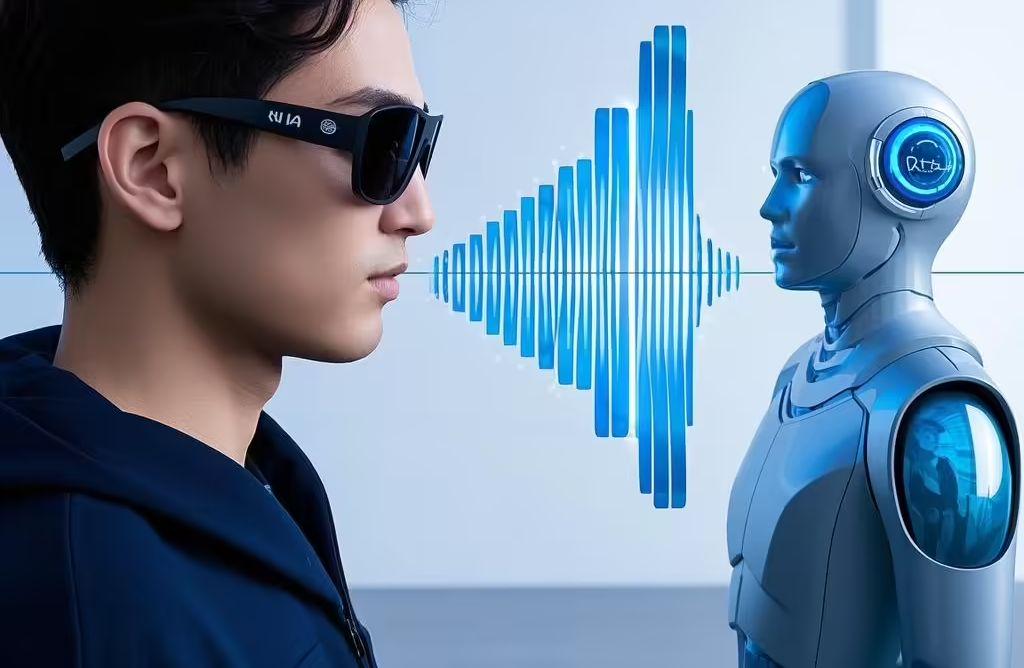The Financial Times reported on March 7 that social media giant Meta is accelerating the development of voice capabilities for its artificial intelligence, which is planned forLaunching its latest in the coming weeksOpen Source Large Language Model Llama 4 with voice interaction as one of the core features. It is known thatMeta hopes to drive the commercialization of AI technology and achieve a major breakthrough in its AI products by 2025, sources said.

One person said that Meta's voice feature development focuses on bringing the user's conversation with the AI closer to a natural two-way conversation rather than the traditional question-and-answer model.This means that users can interrupt at any time during a conversation, making the interaction more flexibleMeta CEO Mark Zuckerberg has made it clear that he wants to make Meta "a leader in AI" and plans to realize new revenue growth through AI technology. Zuckerberg says 2025 will be a make-or-break year for many of his AI products.
To accomplish this, Meta is considering launching a premium subscription service for its AI assistant, Meta AI, to perform agent tasks such as restaurant reservations and video creation, according to two people familiar with the matter. In addition, the company is exploring introducing paid ads or sponsored posts in the search results of its AI assistant to further commercialize it.
Zuckerberg revealed plans this year to build an AI engineering agent with the programming and problem-solving skills of a mid-level engineer, which he said could have a "very large market."
Speaking at the Morgan Stanley Technology, Media and Telecoms Conference, Meta's head of product Chris Cox said that Llama 4 would be a "full-featured model" and that voice interaction would be designed as a "native feature" rather than being converted to text and then processed. Instead of converting speech to text and then processing it, Llama 4 will be a "full-featured model".
Meta has also been discussing what limits should be placed on the output content of its latest Llama model, and whether those limits need to be relaxed, people familiar with the matter said. The backdrop for this discussion is that Meta's competitors are coming out with new AI products all the time, and Meta needs to find a balance between technology and ethics.
1AI notes that Meta's competitor, OpenAI, launched a voice model last year and focused on giving it different personalities, while Elon Musk's xAI developed the Grok 3 model, which launched to some users last month, featuring fewer limitations and a "no-holds-barred mode". ".
Additionally, Meta's voice interaction feature is one of the core selling points of its Ray Ban smart glasses, which have recently been a huge success in the marketplace.Meta is accelerating the development of its lightweight headset in hopes of replacing the smartphone as the primary computing device for consumers.